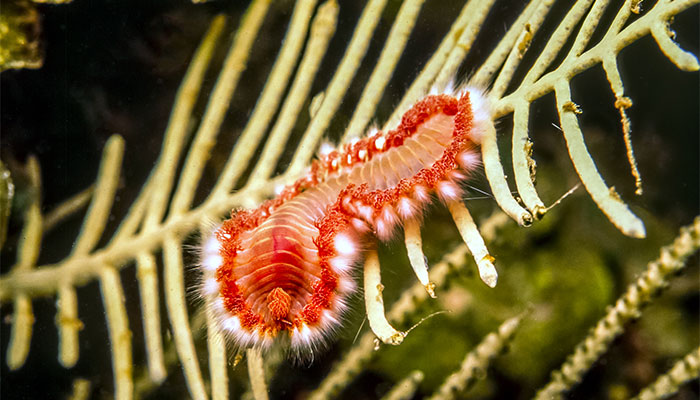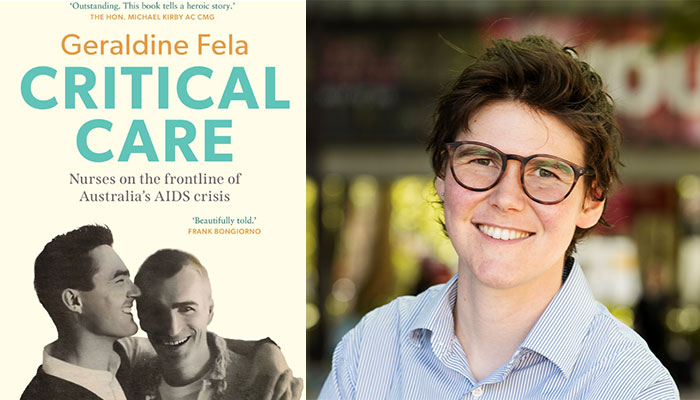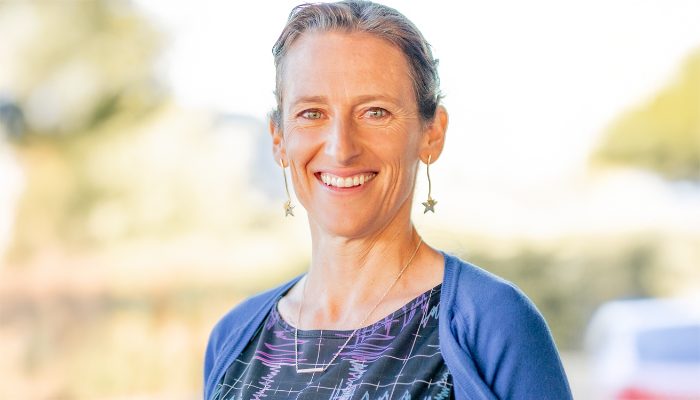Nine Macquarie projects have been funded across six categories: Discovery, Drug Development, Disease Biomarkers, Gene Therapies, Disease Models and Drug Delivery.
Macquarie University Pro Vice-Chancellor Academic Health Strategy, Professor Roger Chung congratulated the researchers on their success.
“MND is one of the key areas of medical research for Macquarie University’s neuroscientists – myself included,” Professor Chung says.
“Our research groups are striving to learn more about the mechanisms of this devastating disease and develop effective, next-generation treatments.
“One of our notable areas of focus is the naturally occurring brain protein TDP-43, which forms pathological clumps in motor neurons in MND and some forms of dementia, and this specialty is reflected in a number of the projects that have been funded.
“The generous support of organisations such as FightMND makes this work possible, and we are immensely grateful for it.”
FightMND Director – Cure Research and Programs, Dr Bec Sheean say Macquarie University is a leader in both fundamental MND research and clinical research.
“The funding will support teams at Macquarie who are tackling MND at many different levels,” she says.
“This includes the development of new disease models and biomarkers, the development of new potential treatments to investigate causes of MND, including understanding disruptions in brain signalling, and genetic and molecular changes contributing to the disease.”
FightMND is providing a total of $15.44 million in research funding this year, bringing its total research investment to date to just over $100 million.
Co-founded in 2014 by AFL legend Neal Daniher, who was diagnosed with the disease in 2013, the charity is now one of the largest independent funders of MND research in the world.
FUNDED PROJECTS
Associate Professor Marco Morsch has received $1 million for a project to investigate how TDP-43 remains soluble and functional inside motor neurons. It will look at early changes that make the protein susceptible to clumping, aiming to identify ways to prevent this from happening.
Professor Lars Ittner has received $821,863 to investigate inhibition failure in MND. Motor neurons are part of a network in the brain that control movement. Interneurons are a type of neuron that support communication between motor neurons and muscles. MND affects both motor neurons and interneurons, and this project examines how and why interneuron function breaks down and whether targeting the interneurons is a viable therapeutic strategy.
Professor Yazi Ke has received $550,000 to test whether a new class of drug her team is developing can slow or stop MND. The treatment targets and removes TDP-43, selectively seeking out and destroying harmful TDP-43 in motor neurons, without affecting healthy TDP-43.
Professor Yazi Ke has also received $300,000 for a second project to develop new disease-specific gene therapy vectors for MND. Gene therapy approaches for MND are currently limited by their inability to reach motor neurons. This project will trial a new delivery mechanism designed to specifically target motor neurons affected by MND and improve the effectiveness of gene therapy treatments.
Dr Jennilee Davidson has been named as an ALS Scholar in Therapeutics, a two-year program that includes a US$300,000 (A$450,194) grant. It is jointly funded by FightMND and the Sean M. Healey and AMG Center for ALS at Massachusetts General Hospital, in partnership with ALS Finding a Cure, and will allow Dr Davidson to continue her work on a gene therapy designed to remove abnormal accumulations of TDP-43 in motor neurons, and ultimately develop a continuously self-regulating gene therapy.
Dr Annika van Hummel has received $300,000 to create new lab-based models of sporadic MND based on identified protein interactions with TDP-43 rather than genetic models. Sporadic MND, where the cause is unknown, accounts for about 90 per cent of all cases, yet current disease models do not accurately replicate underlying cellular processes, slowing the development and testing of new treatment approaches.
Dr Shu Yang has received $300,000 to develop an extracellular vesicle-based nanoplatform for precision targeting of intraneuronal TDP-43. The project aims to use the body’s natural message delivery systems to ensure that therapies can act on motor neurons affected by MND. If successful, it will enhance the effectiveness of therapies and reduce unwanted side effects.
Dr Sina Shadfar has been awarded $299,977 to investigate two novel gene therapy approaches aimed at activating anti-aging processes in the brain to determine their potential to slow or prevent MND. Aging is a major risk factor for MND and other age-related disorders, including dementia and Parkinson’s disease. This will be the first attempt at using an mRNA gene therapy for MND in Australia.
Dr Ole Tietz has received $299,495 to develop a new imaging technique to detect TDP-43 clumps in motor neurons. This clumping of TDP-43 is a feature of MND, but no method currently exists to detect the clumps and allow for a definitive diagnosis, which in turn has the potential to delay the start of treatment.
About neuroscience research at Macquarie
Macquarie University has a strong research focus on neurodegenerative diseases, with dedicated research centres for MND and dementia.
Both centres are known internationally for their work on disease mechanisms, TDP-43 and gene therapy development.
Associate Professor Morsch, Dr Davidson, Dr Yang and Dr Shadfar are members of the Macquarie University Motor Neuron Disease Research Centre
Professor Ittner, Professor Ke, Dr van Hummel and Dr Tietz are members of the Macquarie University Dementia Research Centre



